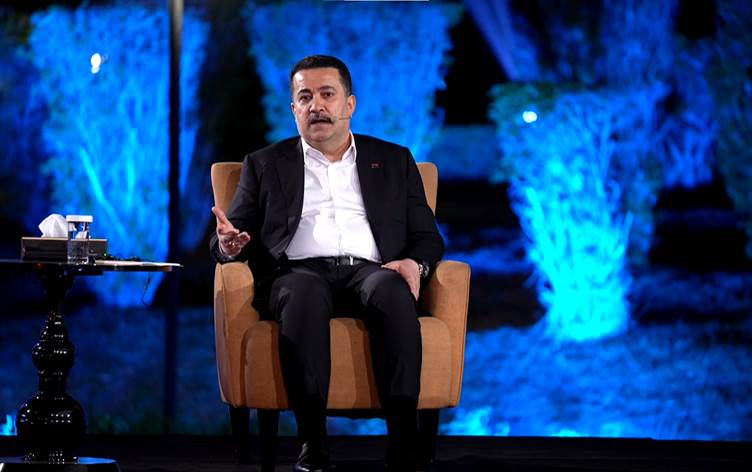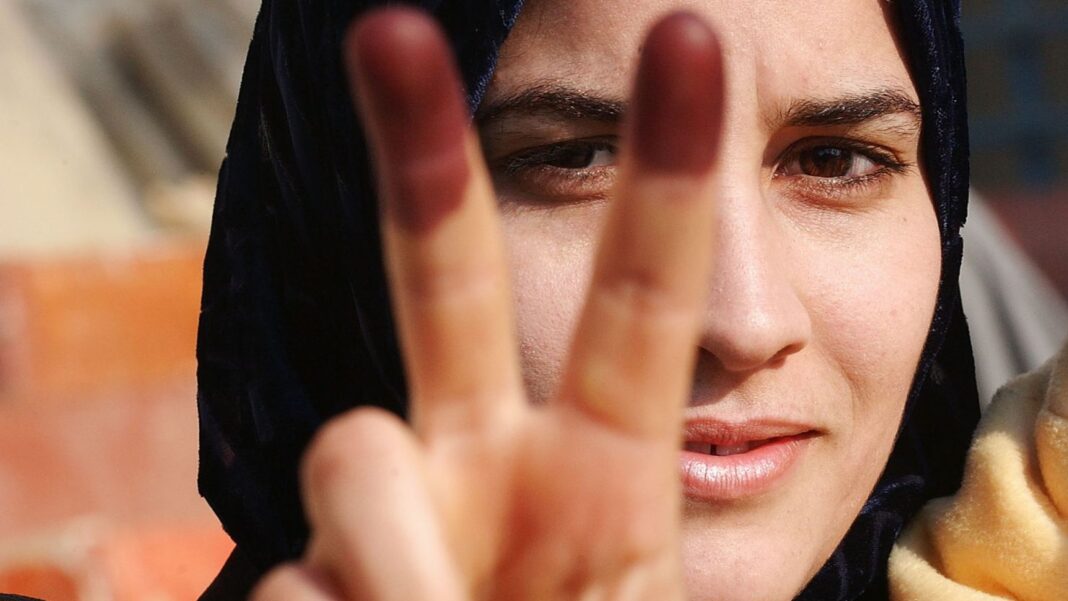Iraq’s sovereignty concerns have intensified as Prime Minister Mohammed Shia’ al-Sudani questioned the legality of foreign military bases in Erbil and Ain al-Assad. Speaking to Rudaw, Sudani insisted that no official agreement authorizes these U.S.-led coalition bases. He argued that such presence violates Iraq’s constitution and challenges the nation’s independence.
The prime minister explained that coalition forces built the bases during wartime but must stop operating them freely. He emphasized that Iraq will not let any coalition control its airspace or military actions. “Where is the sovereignty?” he asked, demanding Iraq regain full control over its security affairs.
The U.S.-led coalition was formed in 2014 under former President Barack Obama to fight ISIS. It initially conducted airstrikes, later training and advising Iraqi troops. The coalition includes nearly 89 countries, such as the U.S., U.K., France, Germany, and several Middle Eastern states. Around 2,500 American soldiers remain in Iraq today.
Baghdad and Washington agreed that the coalition’s mission would conclude by September 2025. They plan to shift toward bilateral partnerships that continue to support Iraqi forces. Despite his criticism, Sudani emphasized Iraq’s need for strong relations with major coalition members. “Our armament is American,” he said, noting ties with France and Britain as crucial.
Meanwhile, Iraq’s sovereignty concerns also extend to the growing influence of militia groups. Many Iran-backed factions continue to challenge the government’s authority. Sudani reiterated that all weapons must remain under state control and every armed group must operate legally under Baghdad’s command.
He warned militias to either integrate into state institutions or transition to politics. His government has repeatedly cracked down on rogue fighters, including recent arrests following acts of unrest.
In another significant development, Iraq and Turkey signed a new water cooperation deal to address the nation’s deepening water crisis. The agreement includes major joint projects on dams, desalination, and irrigation. Sudani described it as a vital step toward fair water distribution and sustainable agriculture.
He explained that Turkey and Iraq had no prior binding agreement on water quotas. The new framework guarantees fair shares from the Tigris and Euphrates Rivers, ensuring better resource management.
Sudani also acknowledged the environmental damage caused by gas flaring and industrial pollution, promising a full resolution by 2028.
However, tensions remain high between Baghdad and Erbil over unpaid salaries and control of oil revenues. Kurdistan Region Prime Minister Masrour Barzani accused the federal government of politicizing civil servants’ payments. Sudani countered by accusing the Kurdistan Regional Government of withholding revenues since 2023.
He urged both sides to adhere strictly to the constitution. “Every province must deliver oil and non-oil revenues to the federal treasury,” he stated firmly.
The dispute continues to test Iraq’s internal balance, yet Sudani insists dialogue will prevail. Through each policy and confrontation, Iraq’s sovereignty concerns remain at the heart of his government’s agenda.



